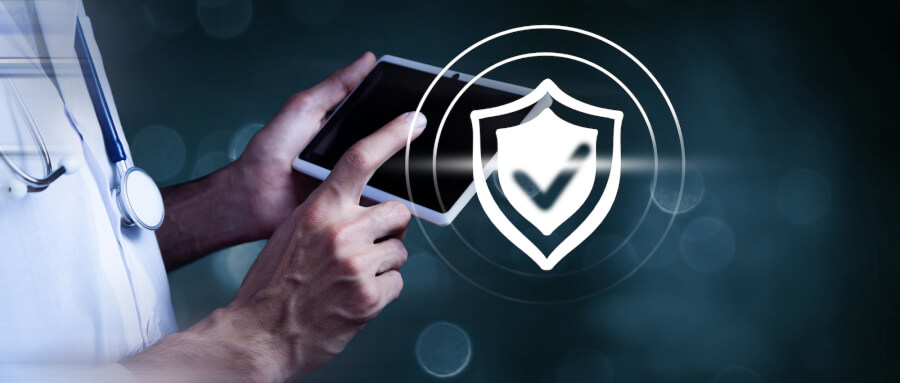Protecting Protected Health Information (PHI) is not only a requirement in the healthcare industry, but also a crucial ethical commitment to providing quality care. Unauthorized disclosures of PHI can have serious consequences for both patients and healthcare providers under HIPAA. At UT Health San Antonio, incorporating these practices into daily routines is essential for safeguarding patient privacy.
When dealing with paper records, always take a moment to verify that the document containing PHI is being handed to the correct patient by confirming their name and date of birth. When sending PHI via fax, ensure the accuracy of the recipient’s fax number, include a cover sheet with a confidentiality disclaimer, and only include the necessary information. When sending PHI via email, double-check the recipient’s email address, only include the minimum necessary information, and consider using encryption in the subject line for added security, especially when sending to external recipients. When mailing documents with PHI, verify the patient’s mailing address on the envelope and double-check the document before sending it.
For more detailed information on safeguarding PHI, visit IHOP 11.1.15: Safeguards for Protected Health Information. By following these guidelines and incorporating best practices into daily routines, healthcare providers can ensure they are fulfilling their ethical duty to safeguard PHI and protect patient privacy.
